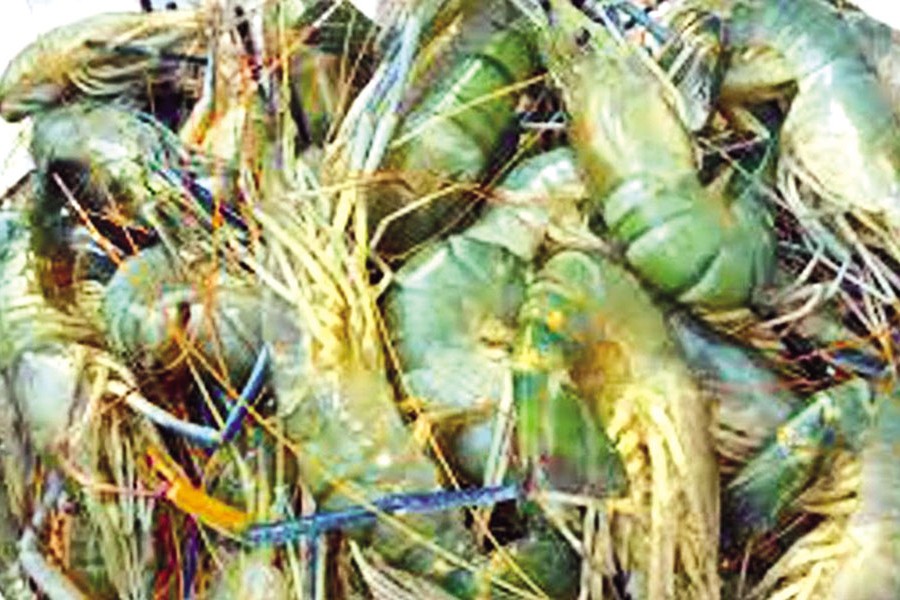
Published :
Updated :

Bangladesh Frozen Foods Exporters Association (BFFEA) has urged the government to raise the exchange rate for US dollars for processed frozen shrimp and fish exports from Tk 118.90 to Tk 125.50.
In a letter submitted to the finance ministry on Tuesday, the association has expressed concern over the growing challenges faced by shrimp and fish exporters, including high interest rates on bank loans, rising electricity bills and escalating costs of packaging and lack of ancillary services.
BFFEA said that increasing the dollar exchange rate against export receipts would not only ensure the sustainability of export-oriented companies but also boost export earnings and stabilise the foreign exchange market.
The frozen shrimp and fish sector, a 100 per cent export-oriented sector, has been contributing significantly to the national economy for over five decades.
The sector, which exports to around 55 countries worldwide, plays a vital role in earning foreign exchange, alleviating poverty and generating employment opportunities, particularly in rural areas, reads the letter.
Currently, banks are paying exporters Tk 118.90 per dollar against export bills, while the market price of the dollar stands at maximum Tk 129.
Banks are profiting by purchasing dollars from exporters at a lower rate and selling them at Tk 127 for import bills, leaving exporters at a financial disadvantage.
BFFEA has said that raising the repatriated dollar rate to Tk 125.50 is essential for exporters to remain competitive in the international market and ensure the long-term sustainability of the sector.
The frozen shrimp and fish exports have been going through a tough time for the last few years amid static production, recessions in key destinations as well as for lack of competitive products.
The Export Promotion Bureau says exports of frozen shrimp and fish declined to $ 376 million in FY'24 from $ 421 million in FY'23.
According to the sector insiders, exports declined in volume also to 25,000 tonnes now from 55,000 tonnes in 2016.
tonmoy.wardad@gmail.com


 For all latest news, follow The Financial Express Google News channel.
For all latest news, follow The Financial Express Google News channel.